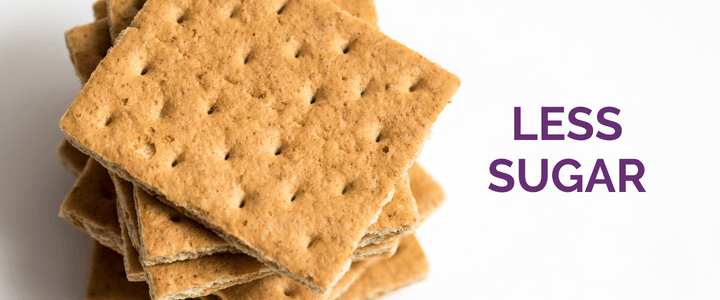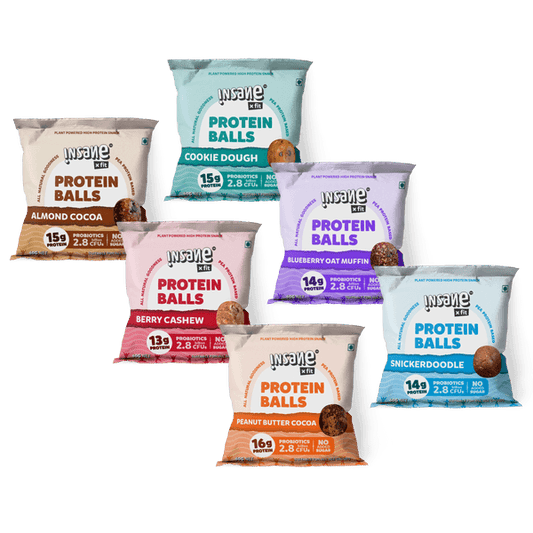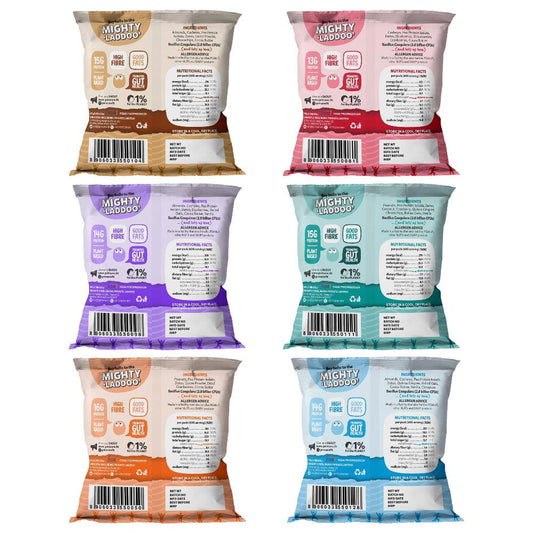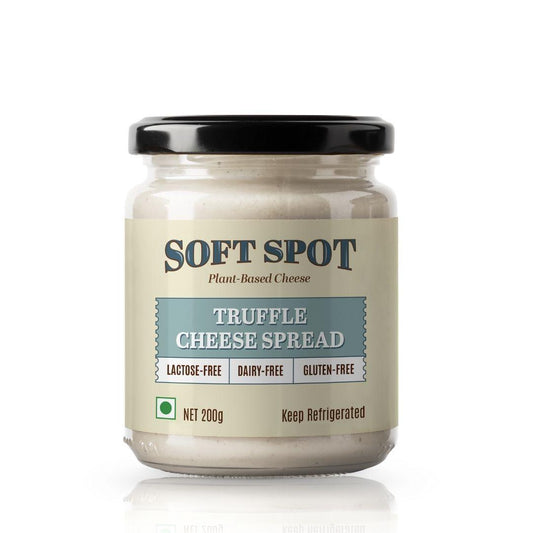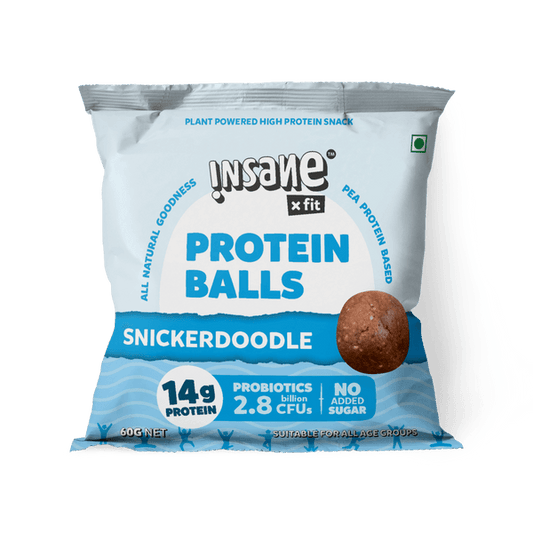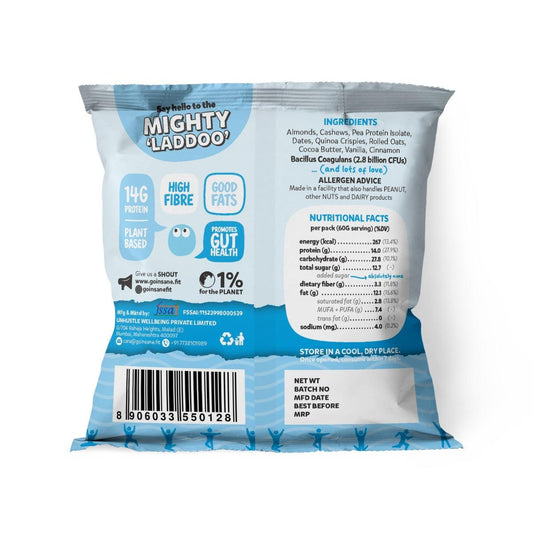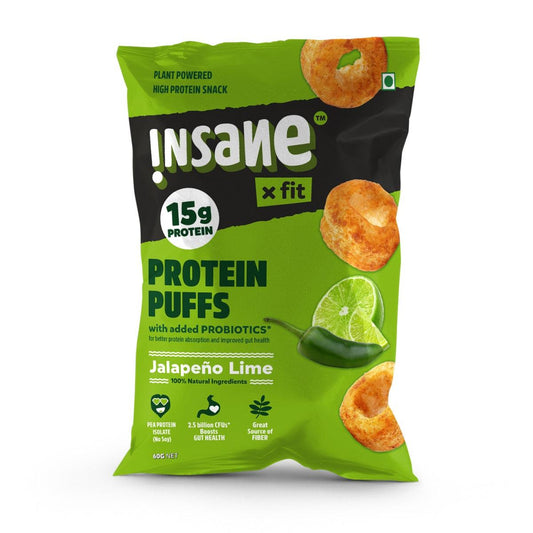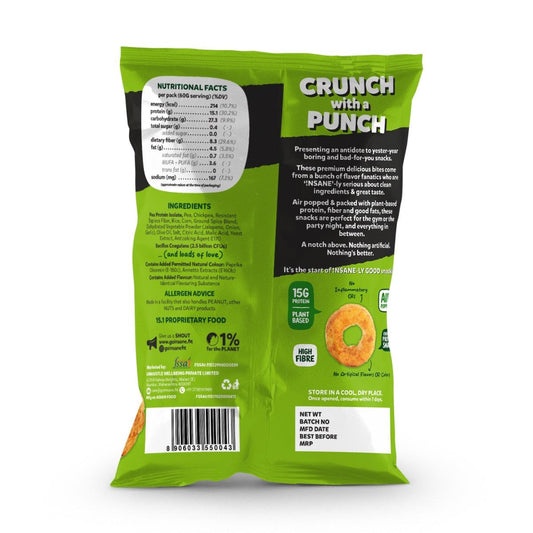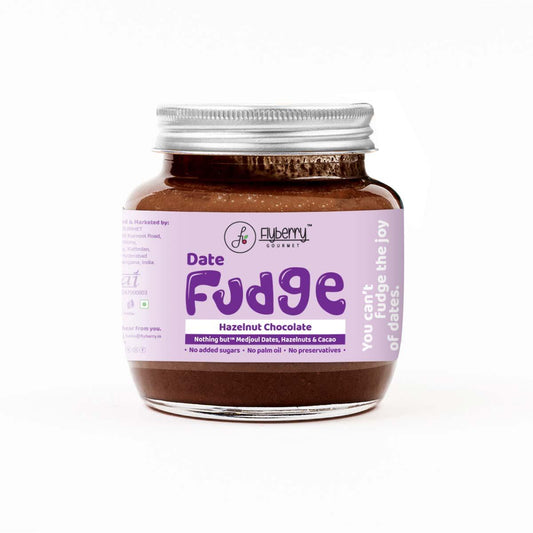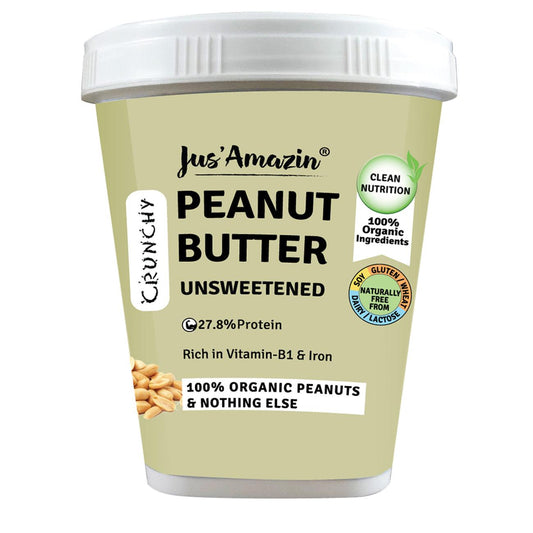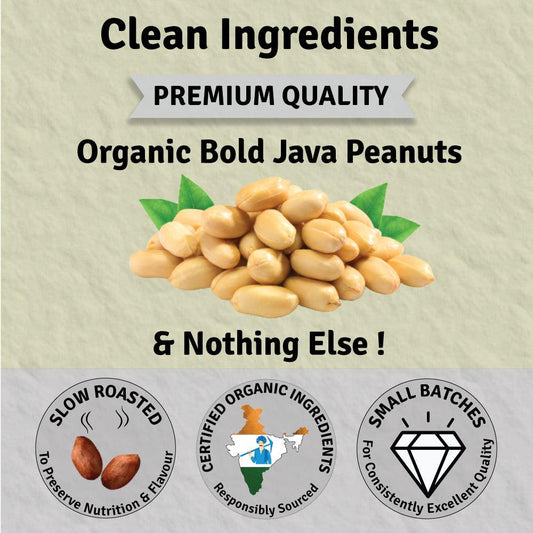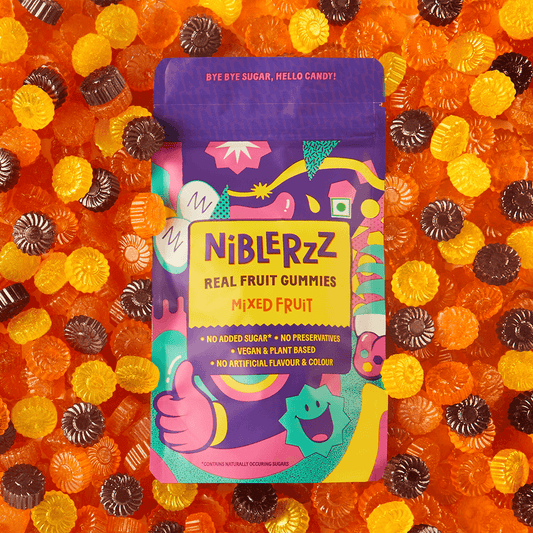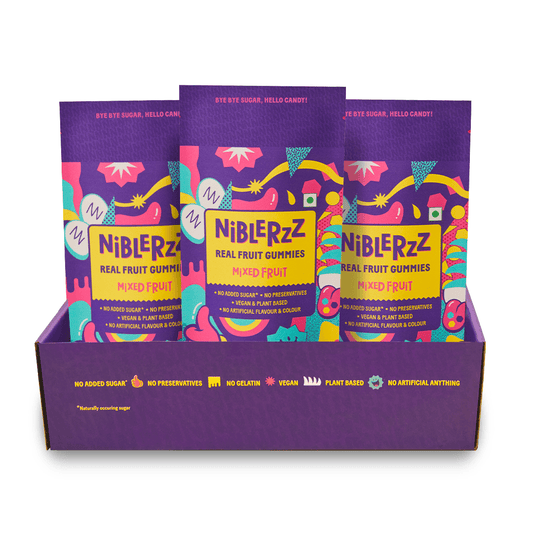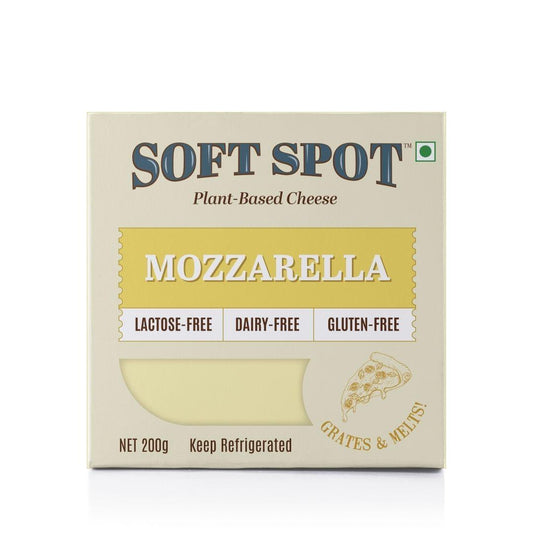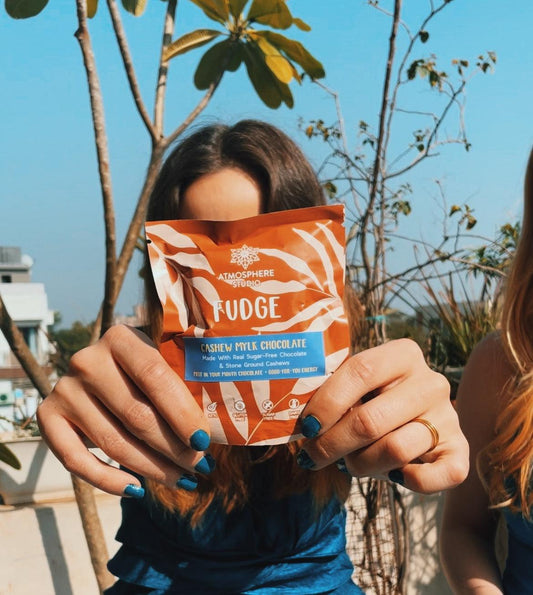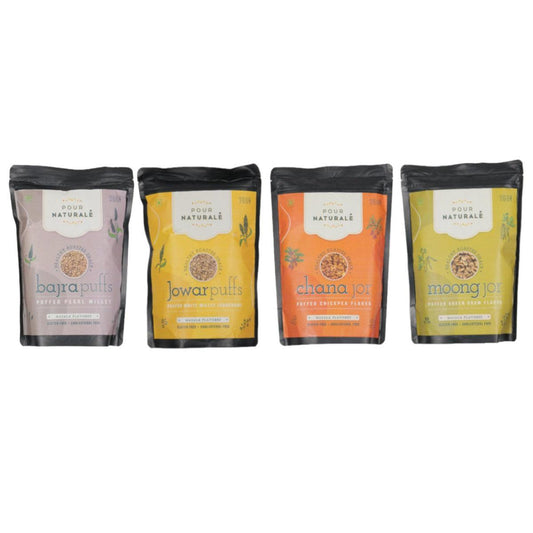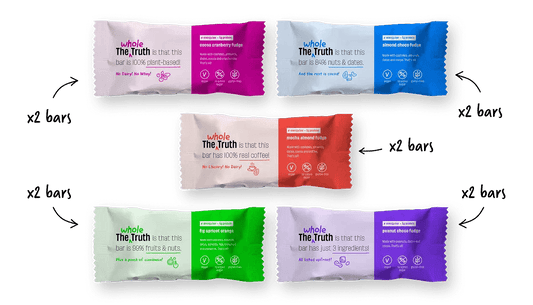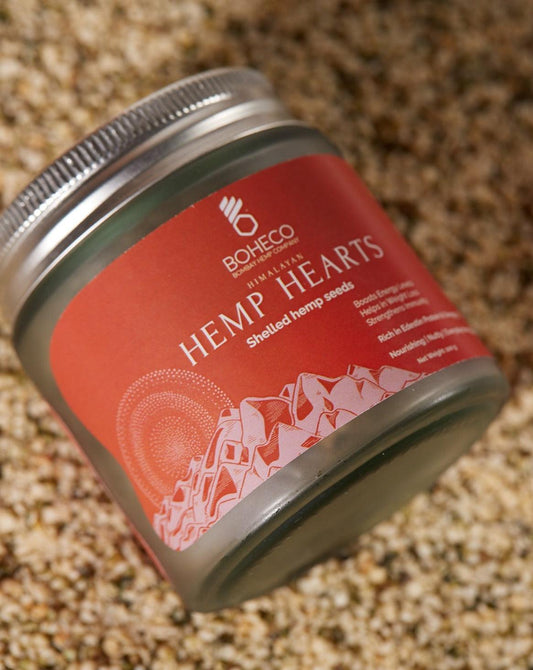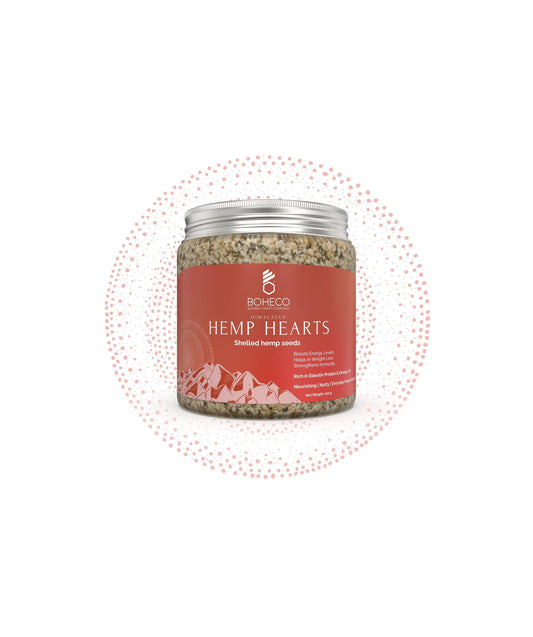Sugar-free The benefits of a sugar-free lifestyle are numerous and can positively impact your overall health and well-being. Here are some key benefits of going sugar-free: Weight Management: Reducing or eliminating added sugars can help control calorie intake, making it easier to manage weight and prevent obesity. Improved Blood Sugar Control: Sugar-free diets can be beneficial for individuals with diabetes or those at risk of developing diabetes, as they help regulate blood sugar levels and reduce the risk of insulin resistance. Dental Health: Limiting sugar intake reduces the risk of tooth decay and cavities, as sugar is a primary contributor to dental issues. Sugar-free alternatives, like xylitol, can even have dental benefits by inhibiting the growth of oral bacteria. Reduced Risk of Chronic Diseases: High sugar consumption is linked to an increased risk of chronic diseases such as heart disease, certain types of cancer, and metabolic disorders. Opting for sugar-free options lowers these risks. Increased Energy Levels: Sugary foods may cause energy crashes and fluctuations in blood sugar levels. By choosing sugar-free alternatives, you can maintain more stable energy levels throughout the day. Better Skin Health: Sugar consumption has been associated with skin issues like acne and premature aging. Going sugar-free can lead to improved skin health and a clearer complexion. Enhanced Mental Clarity: Studies have suggested that excess sugar consumption may impair cognitive function and contribute to mental health issues. By reducing sugar intake, you may experience improved mental clarity and focus. Balanced Appetite and Satiety: Sugar-free diets can help regulate appetite and promote a sense of fullness. This can aid in portion control and prevent overeating. Nutrient-Dense Diet: Cutting out sugary foods often prompts individuals to choose healthier options, such as fruits, vegetables, whole grains, and lean proteins. This shift promotes a nutrient-rich diet, providing essential vitamins, minerals, and fiber. Better Overall Dietary Habits: Adopting a sugar-free lifestyle often encourages mindful eating and a focus on whole, unprocessed foods. This can lead to an overall improvement in dietary habits and a greater emphasis on nutrition. Remember, it's important to approach sugar-free diets in a balanced and sustainable manner, ensuring you still receive adequate nutrition and meet your body's energy needs. Consult with a healthcare professional or registered dietitian for personalized guidance and support in adopting a sugar-free lifestyle. When choosing a sugar-free sweetener, consider the following factors to make an informed decision: Safety: Look for sweeteners that have been approved by regulatory authorities, such as the U.S. Food and Drug Administration (FDA) or European Food Safety Authority (EFSA). These organizations evaluate the safety of sweeteners for consumption. Type of Sweetener: There are various types of sugar-free sweeteners available, including artificial sweeteners, sugar alcohols, and natural sweeteners. Research and understand the differences between them to determine which type aligns with your preferences and health goals. Taste: Different sweeteners have varying tastes and may have an aftertaste. Consider trying small quantities or samples of different sweeteners to determine which ones you find most palatable and enjoyable. Intended Use: Consider how you plan to use the sweetener. Some sweeteners may work better for baking, while others may be more suitable for beverages or general sweetening purposes. Ensure the sweetener you choose is appropriate for your desired applications. Glycemic Impact: If you are managing diabetes or concerned about blood sugar levels, consider sweeteners with low or no impact on blood sugar. Look for options with a low glycemic index or that do not significantly affect blood glucose levels. Potential Side Effects: Be aware of any potential side effects associated with the sweetener you are considering. For example, some sugar alcohols may cause digestive issues in some individuals when consumed in excess. Personal Tolerance: Each individual may have a different tolerance or sensitivity to sweeteners. Pay attention to how your body reacts to specific sweeteners and adjust your choices accordingly. Natural vs. Artificial: Decide whether you prefer natural sweeteners, such as stevia or monk fruit extract, or artificial sweeteners like aspartame or sucralose. Consider your personal preferences and any dietary restrictions you may have. Cost: Sweeteners can vary in price, so consider your budget when selecting a sugar-free sweetener. Evaluate the cost per serving to determine the most economical option for you. Professional Guidance: If you have specific health concerns or dietary restrictions, consult with a healthcare professional or registered dietitian. They can provide personalized advice and help you choose the most suitable sugar-free sweetener based on your unique needs. sugar-free alternatives are a great option for those looking to reduce their sugar intake while still enjoying sweet flavors. Here are some natural sugar-free alternatives to consider: Stevia: Stevia is a plant-based sweetener derived from the Stevia rebaudiana plant. It is calorie-free and does not raise blood sugar levels. Stevia is much sweeter than sugar, so a little goes a long way. Monk Fruit Extract: Monk fruit extract, also known as Luo Han Guo, is derived from the monk fruit. It is a natural sweetener that contains zero calories and does not impact blood sugar levels. Monk fruit extract provides a sweet taste without the bitterness sometimes associated with other sugar alternatives. Erythritol: Erythritol is a sugar alcohol found naturally in certain fruits and fermented foods. It has a sweet taste with only a fraction of the calories of sugar. Erythritol does not significantly affect blood sugar levels and is generally well-tolerated by most people. Xylitol: Xylitol is another sugar alcohol commonly found in fruits and vegetables. It has a sweet taste and can be used as a sugar substitute. Xylitol has a low glycemic index and may also have dental benefits by inhibiting the growth of bacteria that cause tooth decay. Coconut Sugar: Coconut sugar is derived from the sap of the coconut palm tree. It has a similar taste to brown sugar and contains small amounts of minerals like iron, zinc, and potassium. While it is a natural sweetener, it still contains calories and should be consumed in moderation. Raw Honey: Raw honey is a natural sweetener that contains enzymes, antioxidants, and trace amounts of minerals. It is sweeter than sugar, so smaller amounts can be used. However, honey still contains calories and should be used sparingly, especially for individuals watching their sugar intake. Maple Syrup: Maple syrup is made from the sap of maple trees. It has a distinctive flavor and contains some minerals and antioxidants. While it is a natural sweetener, it is still a concentrated source of sugar and should be used in moderation. When using natural sugar-free alternatives, it's important to remember that they still provide sweetness and may impact blood sugar levels to some extent. It's always best to use them in moderation as part of a balanced diet and consult with a healthcare professional or registered dietitian for personalized guidance. Sugar alternatives offer a wide range of options for those seeking to reduce their sugar intake. Here's a breakdown of various sugar-free products and the best sugar alternative for each: Sugar-Free Biscuits: Look for biscuits sweetened with sugar alternatives like stevia, erythritol, or xylitol. These alternatives provide a sweet taste without adding excessive calories. Sugar-Free Ice Cream: Opt for ice cream sweetened with sugar alcohols like erythritol or xylitol. Alternatively, you can find ice creams sweetened with natural sugar alternatives like stevia or monk fruit extract. Sugar-Free Sugar: Sugar-free sugar typically refers to artificial sweeteners like sucralose, aspartame, or saccharin. These alternatives provide sweetness without the calories of regular sugar. Sugar-Free Cake: Sugar-free cakes can be made using sugar alternatives like stevia or erythritol. You can also explore recipes that use natural ingredients like mashed bananas or applesauce as a sugar substitute. Sugar-Free Tablets: Sugar-free tablets usually contain artificial sweeteners like aspartame or sucralose. These tablets can be used as a substitute for regular sugar in coffee, tea, or other beverages. Sugar-Free Chewing Gum: Look for chewing gum sweetened with sugar alcohols like xylitol or sorbitol. These alternatives offer a sweet flavor without contributing to tooth decay. Sugar-Free Chocolate: Sugar-free chocolates are often sweetened with sugar alternatives such as stevia, erythritol, or maltitol. These options provide a guilt-free indulgence for chocolate lovers. Sugar-Free Sweets: Sugar-free sweets can be found sweetened with various alternatives like stevia, erythritol, or xylitol. These alternatives offer a sweet taste without the added sugar. Stevia Sugar-Free: Stevia is a natural sugar alternative that is often used to sweeten various products, including beverages, desserts, and condiments. It is a popular choice for those looking for a natural, calorie-free sweetener. Sugar-Free Chyawanprash: Sugar-free Chyawanprash is typically sweetened with sugar alternatives like stevia or honey. These alternatives provide a healthier option without compromising the taste. Sugar-Free Fruits: Fruits are naturally sweet and do not contain added sugars. They are an excellent choice for those looking for a sugar-free option while enjoying a variety of flavors and nutrients. Sugar-Free Juice: Look for juices that are labeled as 100% fruit juice without added sugars. These juices provide natural sweetness from fruits without any additional sugar. Sugar-Free Rice: Rice itself does not contain sugar, but you can opt for varieties like brown rice or wild rice, which have a lower glycemic index compared to white rice. These options help regulate blood sugar levels. Sugar-Free Gum: Sugar-free gum is commonly sweetened with sugar alcohols like xylitol or sorbitol. It provides a refreshing taste without promoting tooth decay. Sugar-Free Drinks: Choose beverages sweetened with sugar alternatives such as stevia, erythritol, or sucralose. This way, you can enjoy a wide range of drinks without the added sugar. Sugar-Free Atta: Sugar-free atta, or flour, is typically made by removing the added sugars from regular flour. It is an option for those looking to reduce their overall sugar consumption while baking or cooking. Remember, while sugar alternatives can provide a healthier alternative to traditional sugar, it's important to consume them in moderation as part of a balanced diet. Different individuals may have different tolerances and preferences for sugar alternatives, so it's best to experiment and find the options that work best for you. Mini collection Unrefined Sugars: Unrefined sugars, such as raw cane sugar or coconut sugar, undergo minimal processing, retaining more nutrients and molasses. They have a richer flavor and slightly higher mineral content compared to refined sugars. Dates: Dates are a natural sweetener with a caramel-like taste. They contain fiber, vitamins, and minerals. Dates can be used as a whole-food sugar alternative in baking, smoothies, or as a sweet addition to various dishes. Artificial Sugars: Artificial sugars, also known as artificial sweeteners, are synthetic compounds used to replace sugar. Examples include aspartame, sucralose, and saccharin. They offer sweet taste with little to no calories, but some may have potential health concerns when consumed in excess. Sugar-Free Chocolate: Sugar-free chocolate is made using sugar alternatives like stevia or erythritol. It provides a guilt-free indulgence with reduced or no added sugars, suitable for those watching their sugar intake or managing diabetes. Sugar-Free Ice Cream: Sugar-free ice cream uses sugar alternatives like erythritol or xylitol for sweetening. It offers a lower-calorie option for ice cream lovers while still providing a creamy and flavorful treat. Sugar-Free Protein Powders: Sugar-free protein powders are formulated without added sugars, using sweeteners like stevia or monk fruit extract. They provide a convenient and low-sugar option for individuals seeking to increase their protein intake. Sugar-Free Gum: Sugar-free gum is sweetened with sugar alternatives like xylitol or sorbitol. It helps freshen breath and provides a satisfying chewing experience without promoting tooth decay or adding extra calories. Sugar-Free Breakfast: Sugar-free breakfast options focus on reducing or eliminating added sugars from morning meals. Examples include oatmeal with fresh fruits, sugar-free yogurt, eggs, whole grain toast, or smoothies made with natural sweeteners like fruits or stevia.


